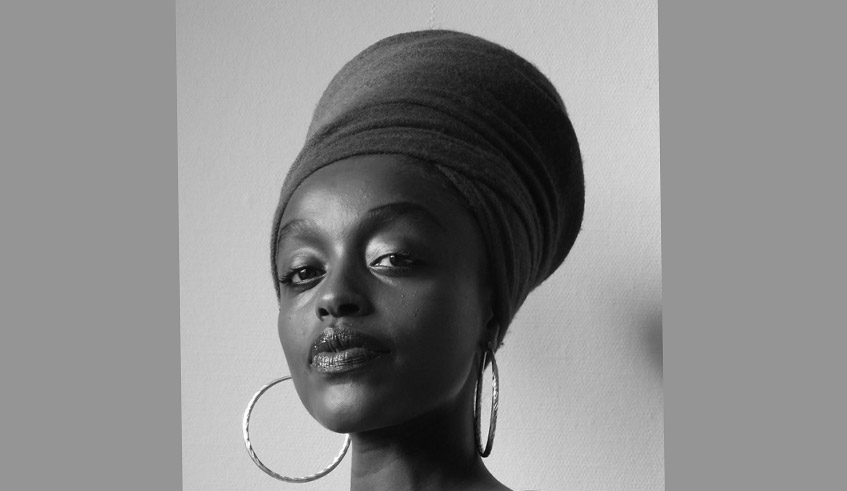

FOR THE 27th Commemoration of the 1994 Genocide against the Tutsi, Shanel Nirere, popularly known as Miss Shanel, composed a song dubbed "Araho” in which she honours survivors of the Genocide for their courage and resilience.
During the commemoration week, Miss Shanel, and artiste and actress, started a programme called "Ndaho” with the help of different institutions and organisations mostly specialised in mental health and emotional support, like Imbuto Foundation, GEARG, Beyond the Veil, Sana Initiative and Our Past.
"Ndaho is like saying ‘I am alive and kicking’. It is a campaign to preserve the honour of memorial sites, and Genocide survivors who are still struggling with emotional and physical effects,” she says.
Miss Shanel says that "Ndaho” is more of a platform for survivors to share their daily lives and struggles, as well as remembering the good times they had with their loved ones who were killed in the Genocide. The platform was also designed in a way that allows them to express their grief and sorrow. Many survivors live in sadness as they don’t have anybody around to celebrate their achievements with, but still, they manage to stay strong and be the best representatives of their loved ones.
With "Ndaho”, comforting messages are sent via social media, including songs from various artistes such as Mani Martin, Aline Gahongayire, Daniel Ngarukiye, among others, using "Ndaho” hashtag. Some approaches are provided to fight trauma and other psychological effects of the Genocide, and there is a psychologist ready to help.
Here is one of the messages shared on "Ndaho” platforms by Ngabo Brave Olivier:
"Ndaho since I met Inkotanyi and they saved me. Ndaho and I graduated even though I didn’t have anybody to celebrate with. Ndaho and I got married and gave birth and as a responsible man, I am strong to strengthen others, however hard it is. Ndaho, I miss you so much, and I embraced life, I won’t lose the hold.”
In Miss Shanel’s song "Araho”, the message is that Genocide survivors’ grief will always be there. She also mentions various stories of survivors from 1994 to this day.
The artiste says, "As we get to the end of the 100 days of commemoration, remembering is for always. Thinking about where we came from so that it will never happen again should be a daily thing. We also need to keep in mind that trauma caused by the Genocide is shaky and has no limits. So, we should continue to work together in comforting survivors so we build the Rwandan community we always wished to have.”


